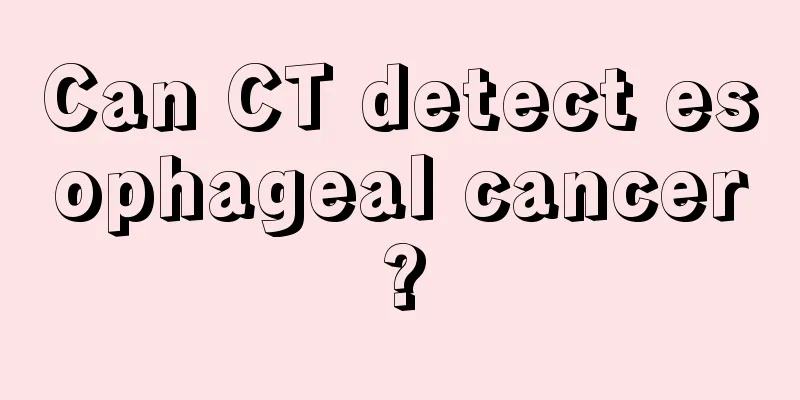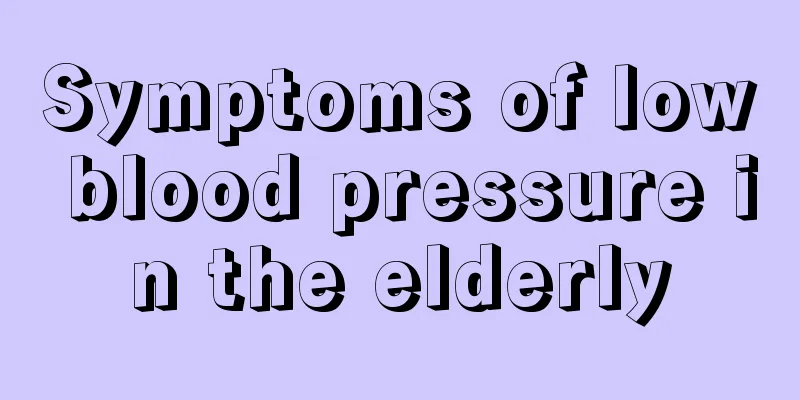Can CT detect esophageal cancer?

|
CT scans can be used to detect esophageal cancer, but they are not the preferred method. They are usually diagnosed in combination with endoscopy and pathological examinations. Early detection of esophageal cancer relies on endoscopy, and CT scans are mainly used to assess the size and location of the tumor and whether it has metastasized. The occurrence of esophageal cancer is related to many factors. Genetic factors play a role in some patients, and people with a family history of esophageal cancer have a higher risk of the disease. Environmental factors such as long-term smoking, drinking, eating pickled or moldy foods, and lack of fresh fruits and vegetables may increase the risk of disease. Physiological factors include chronic esophageal inflammation, gastroesophageal reflux disease, etc. Long-term stimulation of the esophageal mucosa may lead to cancer. Trauma or esophageal damage such as chemical burns and radiation damage may also induce esophageal cancer. Pathological factors involve dysplasia and precancerous lesions of the esophageal mucosa, such as Barrett's esophagus. The role of CT examination in the diagnosis of esophageal cancer is mainly auxiliary. CT can show the thickening of the esophageal wall, the morphology of the tumor and the invasion of surrounding tissues, and evaluate the metastasis of lymph nodes and distant organs. CT is of great value for the staging of esophageal cancer and can help formulate treatment plans. However, CT has low sensitivity for early esophageal cancer, and endoscopy combined with biopsy is still the gold standard for diagnosis. Treatment methods are based on the stage of esophageal cancer and the specific conditions of the patient. Early esophageal cancer can be treated with endoscopic mucosal resection or radiofrequency ablation. Surgical treatment is suitable for patients with local advanced disease. Common procedures include esophagectomy and gastric esophageal reconstruction. Radiotherapy and chemotherapy are often used for preoperative or postoperative adjuvant treatment. Commonly used drugs include cisplatin and fluorouracil. Targeted therapy and immunotherapy are also gradually being used in patients with advanced esophageal cancer, such as pembrolizumab and nivolumab. The key to preventing esophageal cancer is to improve lifestyle and eating habits. Quitting smoking and limiting alcohol consumption, avoiding pickled and moldy foods, and increasing the intake of fresh fruits and vegetables are effective preventive measures. Regular physical examinations, especially endoscopic examinations, can help to detect and treat esophageal cancer at an early stage. CT examinations play an important auxiliary role in the diagnosis and treatment of esophageal cancer, but they need to be combined with other examination methods for comprehensive evaluation to develop individualized treatment plans to improve treatment outcomes and patient survival rates. |
<<: Is prostate cancer easy to treat? How long can one live?
>>: Could leg pain be bone cancer?
Recommend
Which is better, multi-flower honey or native honey
Honey is a very good nutritional supplement. Hone...
Benefits of cod liver oil for women
Cod liver oil, as the name suggests, is fish fat....
What are the benefits of drinking garlic soaked in water
Soaking garlic in water can be said to be the mos...
How to handle crayfish before cooking
In life, many people like to eat lobsters. Some l...
Can eating peaches reduce milk production?
Peaches have high nutritional value and are very ...
Why does the flesh turn white after being scalded?
In our daily lives, we come into contact with var...
How to remove melanin deposits from scars after burns
If human skin is burned by high temperature, it n...
Can orthodontics change the shape of the face?
Since there are some people in the entertainment ...
Does chemotherapy for gastric cancer require hospitalization?
Does chemotherapy for gastric cancer require hosp...
Trigeminal nerve distribution area
All kinds of control of our life activities come ...
How to correct upturned upper lip
A perky upper lip can be corrected through dental...
What are the harms of long-term sitting to women?
Sitting is a way for people to rest, because it a...
What are the disadvantages of nail polish
Many female friends who love beauty know that man...
Obese women are more susceptible to breast cancer
Obesity is closely related to the occurrence of b...
Brief analysis of four common symptoms of lung cancer
Lung cancer is a malignant tumor with very seriou...









